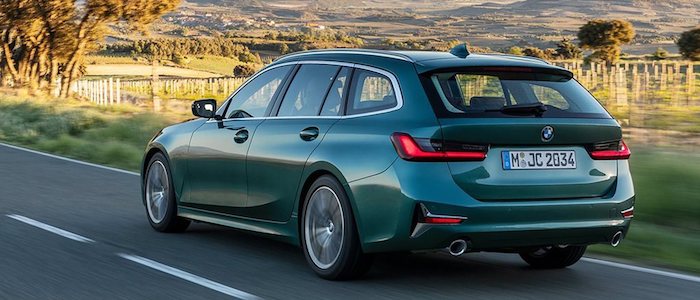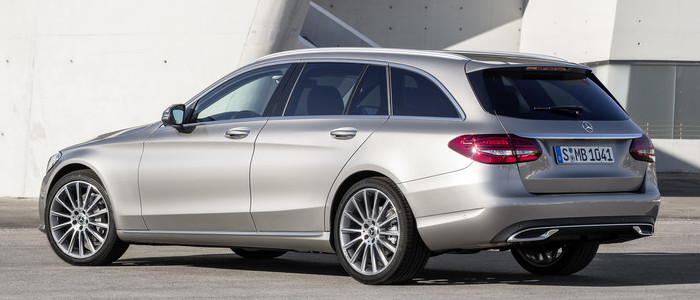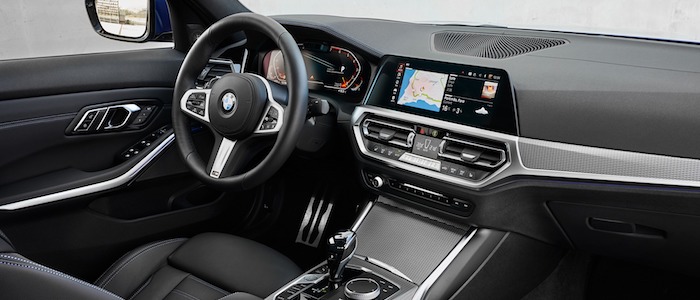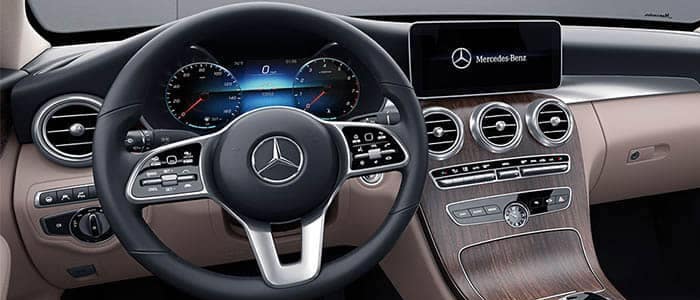Compare two cars
Compare any two cars and get our Virtual Adviser™ opinion
Dimensons & Outlines
Check vehicle history
Engine
Performance (manual gearbox)
Performance (automatic gearbox)
Expenses
Virtual Adviser's™ opinion
Well, these are two pretty similar cars we have here! It's only details that could potentially make the difference. Considering they both belong to the large family car segment and utilize the same 5-door wagon body style and the 4 x 4 wheel drive system, it all comes up to the specific diesel engine choice they offer. The first one has a BMW-engineered powertrain under the hood, a 4-cylinder, 16-valves 190hp unit, while the other one gets its power and torque from a 4-cylinder, 16-valves 194hp engine designed by Mercedes Benz.
SafetyThe first thing to look into here would be the results from European New Car Assessment Programme (Euro NCAP) tests performed on the two cars. Good thing is that both vehicles got tested, with the same number of safety stars gained in the process. That aside, let's consider some other aspects which affect safety. Both vehicles belong to the large family car segment, which is generally a good thing safety-wise, but that fact doesn't break the tie between the two cars. On the other hand, when it comes to weight, a factor that most people underestimate, Mercedes Benz C offers a marginal difference of 1% more metal.
ReliabilityI don't like generalizing things when it comes to reliability, although it does seem that both brands display similar results in faults and breakdowns, all the models observed together. These are the official statistics, while our visitors describe reliability of BMW with an average rating of 4.1, and models under the Mercedes Benz badge with 4.3 out of 5. The same official information place 3 Series as average reliability-wise, and C is more or less at the same level.That apart, owners of different cars powered by the same engine as 3 Series rank it on average as 3.6, while the one under the competitor's bonnet gets 3.8 out of 5.
Performance & Fuel economyBoth of the cars accelerate exactly the same, so we couldn't put one above the other. Car No. 2 is faster though, reaching top speed of 228 kilometers per hour, 3km/h more than the other car. When it comes to fuel economy things look pretty much the same for both cars, averaging around 4.8 liters of fuel per 100 kilometers (59 mpg), in combined cycle.
Verdict
Mercedes Benz appears just a bit more reliable, although the difference is truly marginal. The most important thing when deciding between any two vehicles should always be safety, both passive and active. In my opinion, everything taken into account, Mercedes Benz C offers slightly better overall protection and takes the lead. It all continues in the same direction, with Mercedes Benz offering somewhat better performance, just enough to call it quicker. It does come at a cost though, and that's the fuel consumption... It's really tough to make a final decision here, but if I'd need to, I'd say Mercedes Benz. Anyway, that's the most objective conclusion I could've came up with and it's based solely on the information found on this website. Aspects such as design, practicality, brand value and driving experience are there for you to measure them out. In case you have two minutes to spare I invite you to define your needs, desires and budget and see which car would be chosen by the virtual adviser™, out of 12.000+ vehicles we currently have in our database.

































